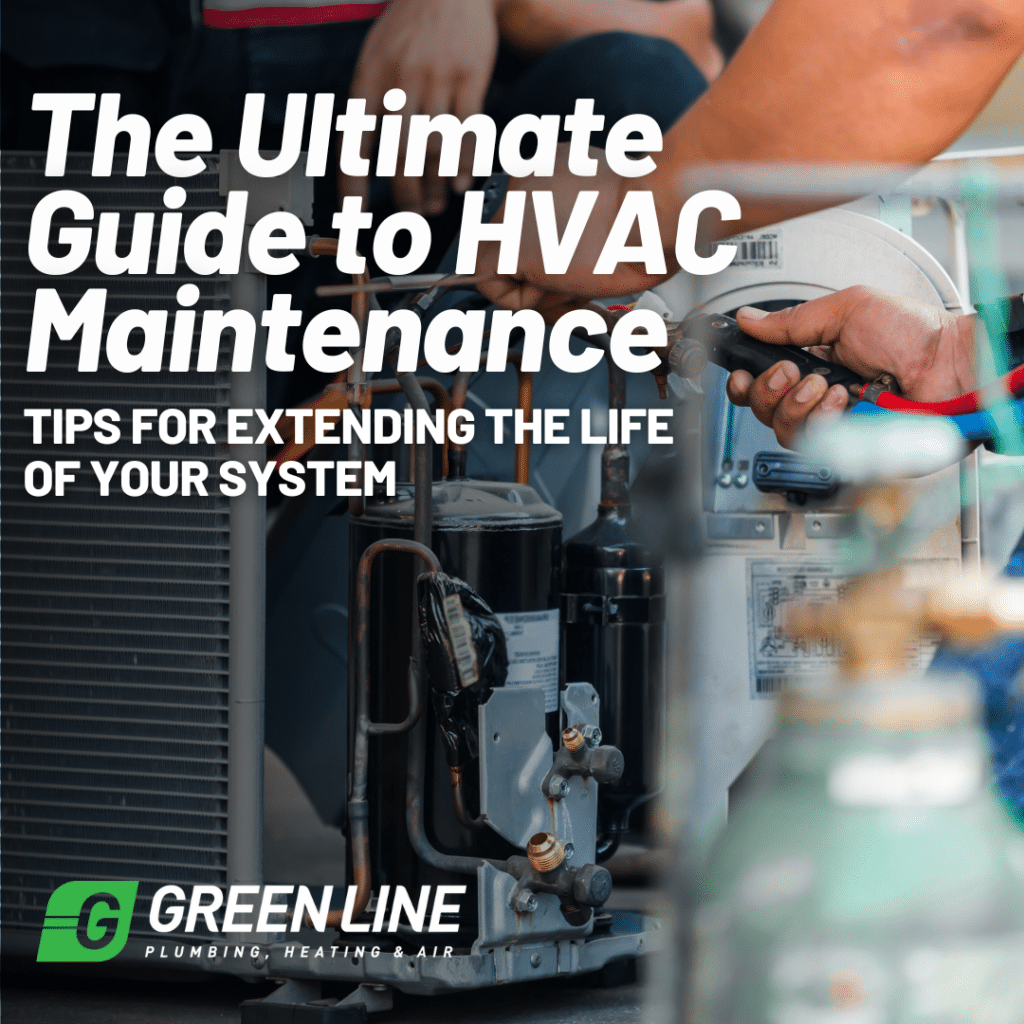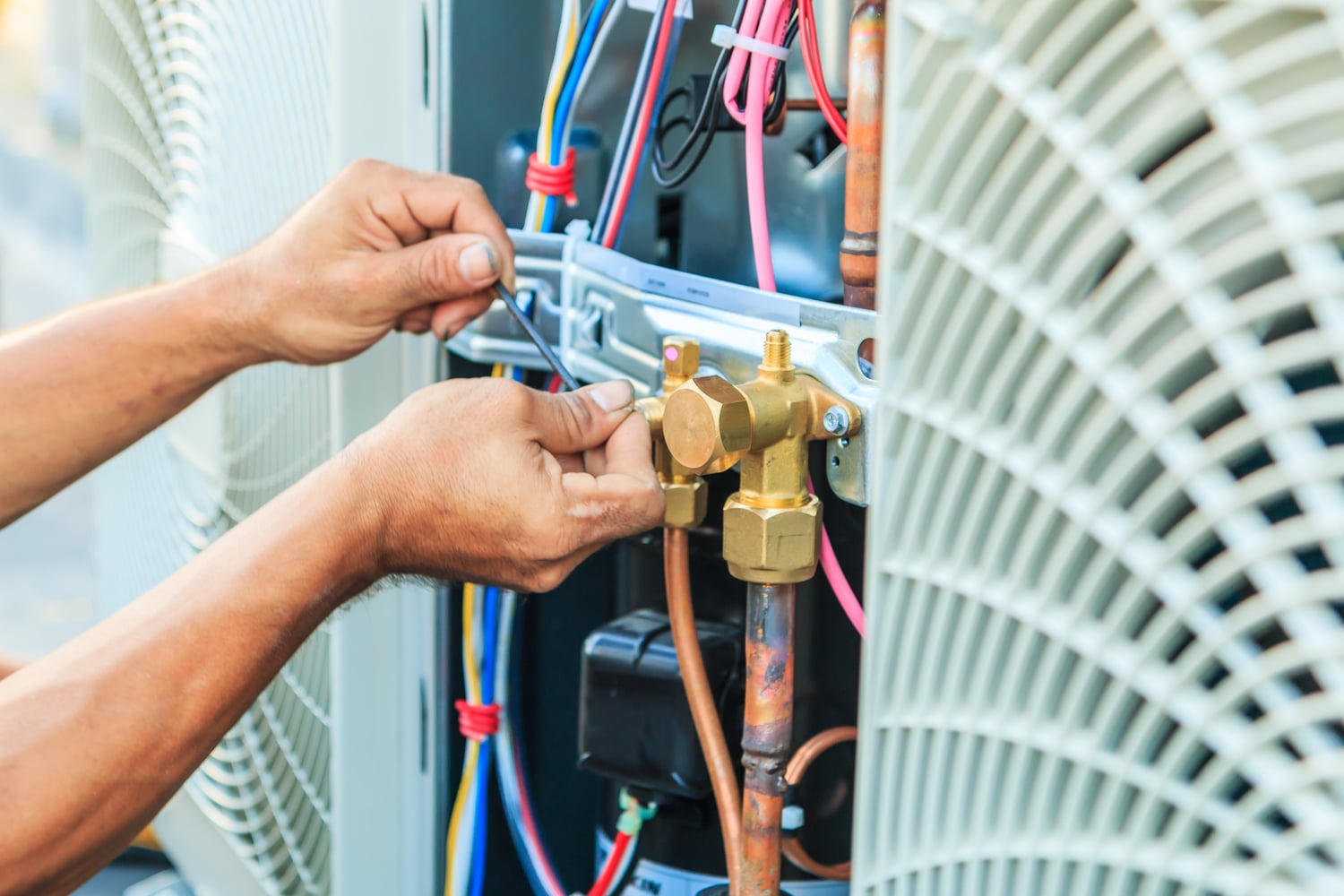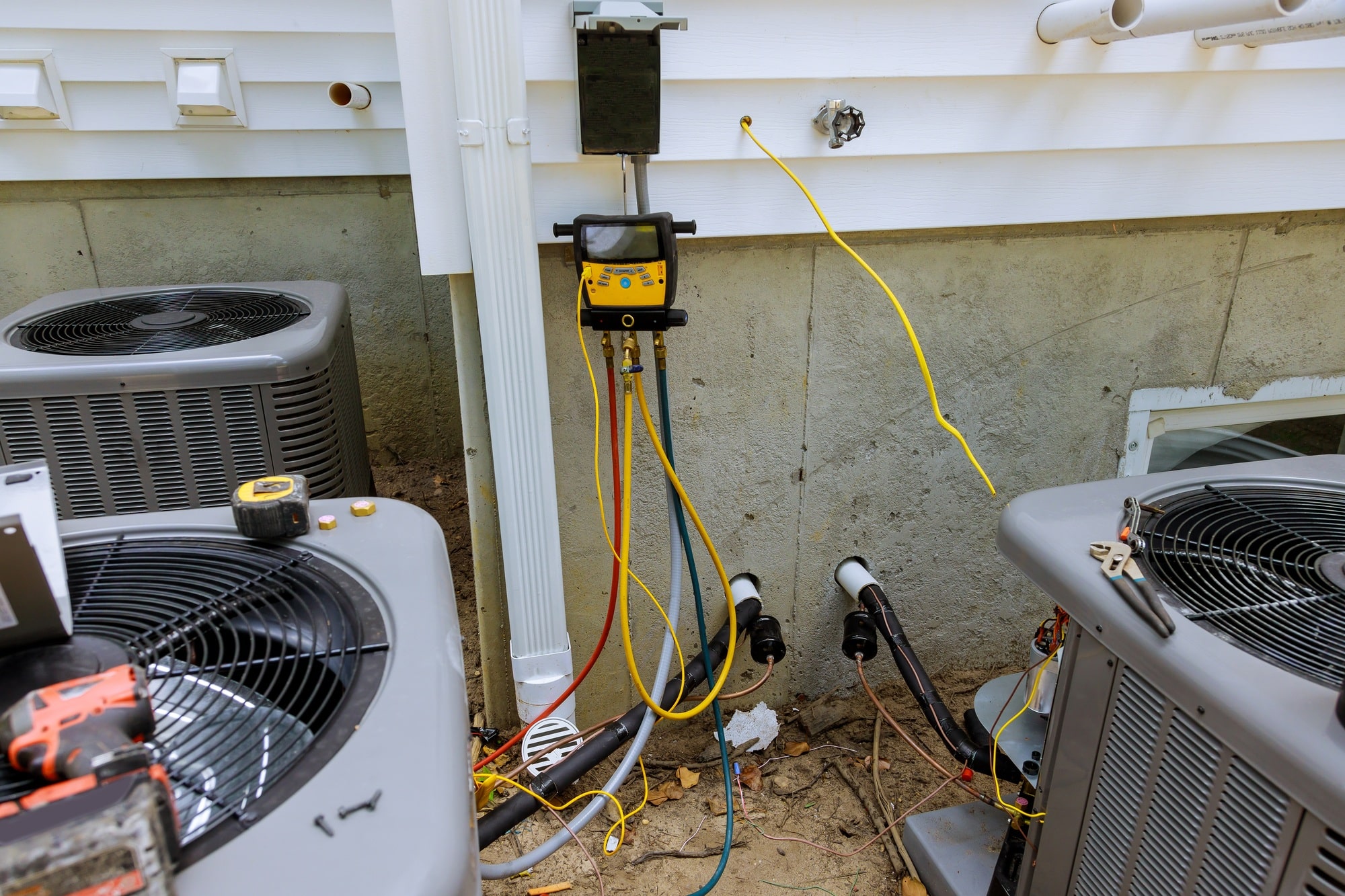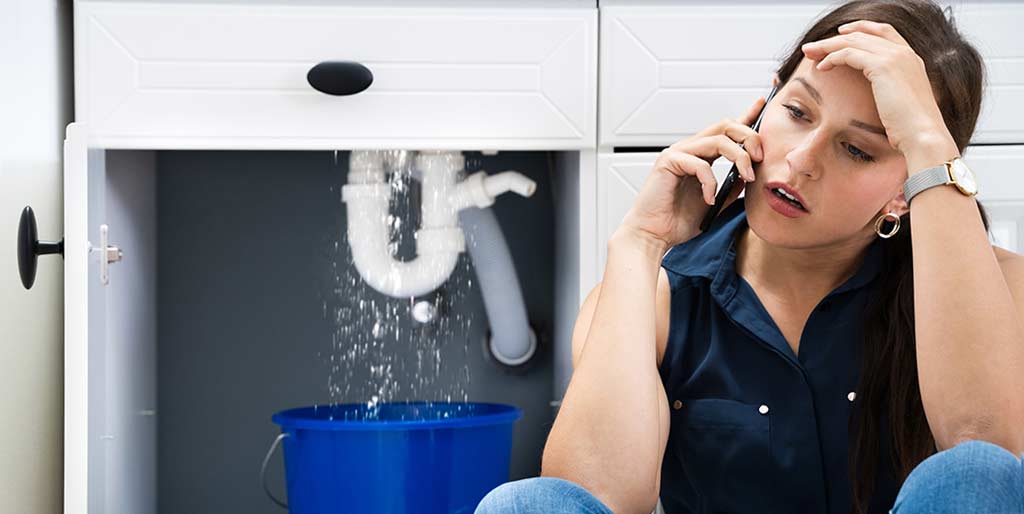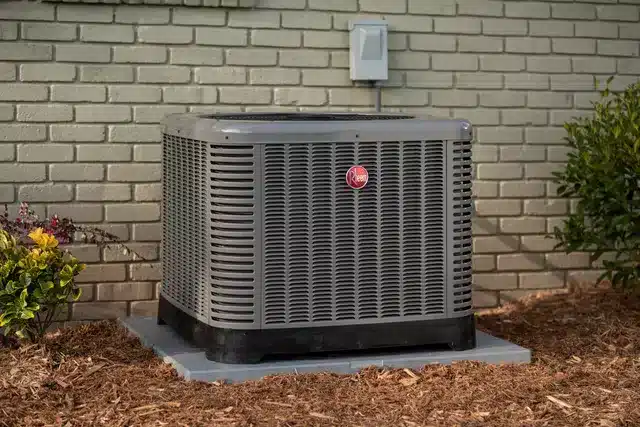Your HVAC system is an essential part of your home, providing comfort and climate control year-round. However, like any other mechanical system, it requires regular care to perform at its best. Proper maintenance can extend the life of your HVAC system, improve efficiency, and prevent costly breakdowns.
In this guide, we’ll explore essential HVAC maintenance tips to help you protect your investment and enjoy reliable comfort for years to come.
Why HVAC Maintenance Matters
HVAC systems work tirelessly to maintain a comfortable indoor environment. Without proper upkeep, components can wear out, leading to inefficiencies, higher energy costs, and potential system failures. Regular maintenance ensures your system runs efficiently, prolongs its lifespan, and maintains indoor air quality.
HVAC Maintenance Checklist
1. Change Air Filters Regularly
Air filters are your HVAC system’s first line of defense against dust, allergens, and debris. Dirty filters can obstruct airflow, forcing your system to work harder.
How Often: Replace filters every 1–3 months, depending on usage and the type of filter.
Why It’s Beneficial: Improves air quality, enhances efficiency, and reduces wear on your system.
2. Keep Outdoor Units Clean
The outdoor condenser unit can become clogged with leaves, dirt, and debris, reducing its efficiency.
How to Clean: Clear debris, trim surrounding vegetation, and rinse the unit gently with a garden hose.
Why It’s Beneficial: Improves airflow and prevents overheating, extending the unit’s lifespan.
3. Inspect and Seal Ductwork
Leaky ducts can cause significant energy loss, making your HVAC system work harder than necessary.
What to Do: Inspect ducts for visible leaks or damage, and seal gaps with aluminum tape or mastic sealant.
Why It’s Beneficial: Enhances efficiency and ensures consistent heating and cooling throughout your home.
4. Schedule Professional Tune-Ups
Routine professional maintenance helps identify and address potential issues before they become major problems.
How Often: Schedule a professional inspection and tune-up twice a year—once before summer and once before winter.
Why It’s Beneficial: Ensures optimal performance and extends the life of your system.
5. Monitor Thermostat Settings
Ensure your thermostat is set to an efficient temperature, especially when you’re away from home. Smart thermostats can automate temperature adjustments to save energy.
Why It’s Beneficial: Reduces energy consumption and keeps your system from overworking.
Seasonal HVAC Maintenance Tips
Summer Maintenance
- Ensure the air conditioner coils are clean.
- Check refrigerant levels.
- Increase thermostat settings when away to reduce system strain.
Winter Maintenance
- Inspect the furnace and heat exchanger for cracks or wear.
- Check the pilot light (if applicable) to ensure proper ignition.
- Seal windows and doors to reduce heat loss and improve efficiency.
Common HVAC Maintenance Mistakes to Avoid
- Skipping Maintenance: Procrastination can lead to costly repairs and reduced system efficiency.
- DIY Repairs Without Knowledge: Attempting repairs without expertise can worsen the problem.
- Ignoring Unusual Noises: Strange noises often signal underlying issues that require professional attention.
- Forgetting to Clean Vents: Blocked vents reduce airflow and put extra strain on your system.
Benefits of Regular HVAC Maintenance
- Increased Efficiency: A well-maintained system uses less energy, lowering utility bills.
- Extended Lifespan: Preventative care minimizes wear and tear, helping your system last longer.
- Better Air Quality: Clean filters and ducts reduce allergens and improve indoor air.
- Fewer Breakdowns: Regular maintenance catches issues early, preventing costly repairs.
Partner with Professionals
While homeowners can handle some HVAC maintenance tasks, professional services are crucial for thorough inspections and repairs. Certified technicians have the expertise to diagnose and fix problems efficiently.
Looking for professional HVAC maintenance in Utah? Contact Green Line, your local experts that care!
Cited Sources:


